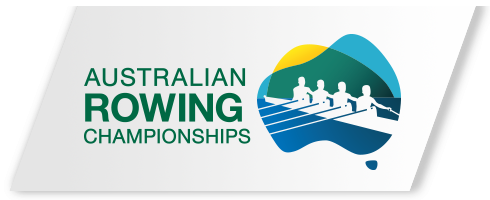Rupert Guinness at Champion Lakes Regatta Centre
For 30 years, Noel Donaldson has been the silent figure behind some of rowing’s greatest victories as a coach.
These days, it is no longer the pursuit of Olympic or World Championship medals that motivates him.
It is not about guiding crews like the Australian ‘Oarsome Foursome’ to victory as he did in the 1992 and 1996 Games and 1990, 1991 and 1998 World Rowing Championships, or the New Zealand men’s Pair of Hamish Bond and Eric Murray during his six years at New Zealand Rowing as head coach in late 2019.
What drives him now is nurturing the talent pool that sits below the top rung of Australian rowing, the under agers, as well as young coaches who will guide generations to come.
On Monday, on the opening day of the Australian Rowing Championships at the Champion Lakes Regatta Centre in Armadale City near Perth, Donaldson, who since 2020 has been head coach and chairman of selectors at Rowing Victoria, was one of the most invested observers of the under-age races.
The sight of rowers from the Under 17, Under 19 and Under 21 age groups racing Single Sculls heats of six or seven entrants indicated that Australia’s under-age depth is strong. The Under 17 Women’s and Men’s Single Sculls had six heats, the Under 19 single for Men’s and Women’s Sculls had seven and the Under 21 Women’s and Men’s Single Sculls had four.
Donaldson said those numbers show strong participation in the sport as some of the 2000-plus entrants enjoyed their time on the water at their national regatta.
Through a High Performance lens, Donaldson said there is always more to be done to foster genuine depth.
“I think that’s really relevant,” Donaldson said. “If you boil it down and forget about High Performance for a moment, it is wonderful, record numbers. It’s much the same in most states, at schools regattas… the genders are balanced out.”
So, can the gap between the top echelon of rowers and those towards the bottom of the heat results be closed? Donaldson believes so.
“I don’t have all the answers but I think with collective minds trying to read where we’re at and then put some plans in place, you would see some improvement across the board.”
Donaldson knows one thing: No matter how tough training can get, it’s important for the sport to have an element of fun.
“It has to be,” Donaldson said. “I think we all know what we need to do. You ask most of the seniors… and they will say they love it.
“To succeed at something you get better at and might win a medal in … I don’t see many unhappy people doing that.”
